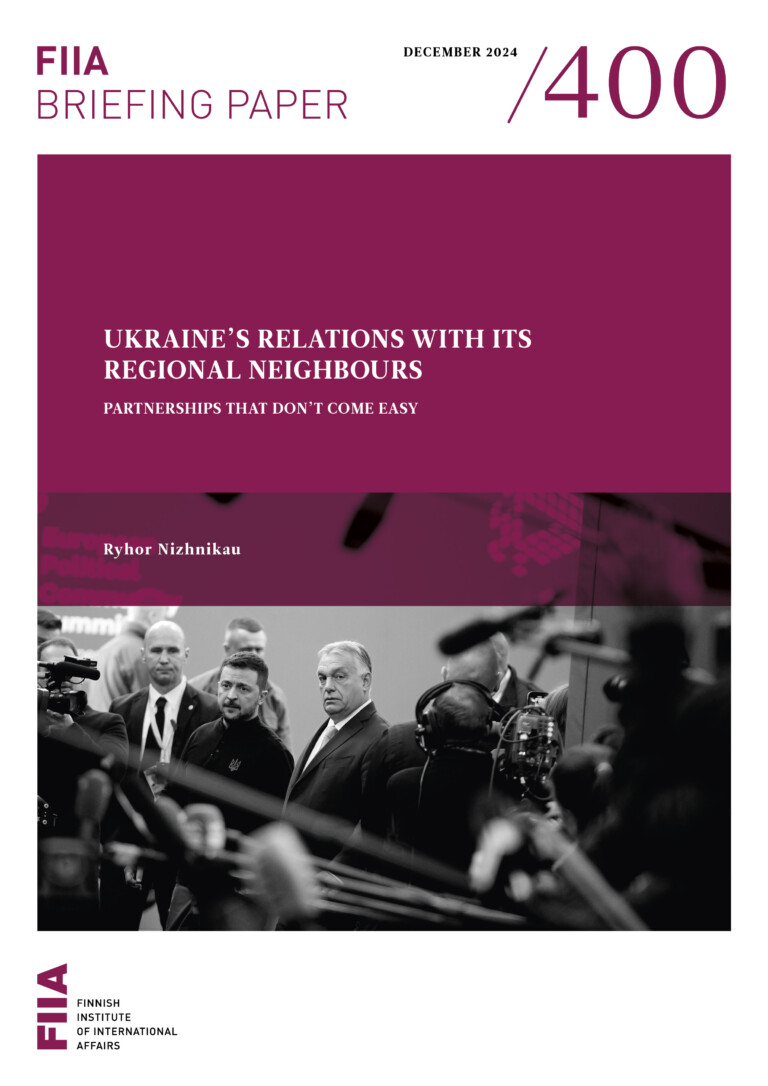Russia’s government has given its energy efficiency policies a hard push forward; the new policy initiatives are being driven largely by the imperative of technological modernization and rising energy prices at home.
Energy efficiency is an area where practical cooperation between the EU and Russia may expand, but the progress is still limited to pilot projects. The biggest potential for cooperation is on the regional level of cooperation between Russia and individual EU member states.
Progress in cooperation depends on the successful implementation of Russia’s energy efficiency policy, the power sector reform and other factors not related to energy per se (such as a clear institutional set-up, local expertise, and high-level political involvement). The bulk of the work needs be done by Russia alone with only limited input from the West.
Cooperation on the high EU-Russia level could focus on legislation, common standards and good practices. Bilateral projects between individual member states and Russia could focus on technology transfer, the training of Russia’s energy specialists, and investment projects.
There are no guarantees that cooperation on energy efficiency, even if successful, would have a positive spillover effect on other areas of the Russia-EU relationship. In general, improving energy efficiency might bring Russia closer to the EU and the OECD countries in terms of compatibility of standards, technologies, and energy management.




